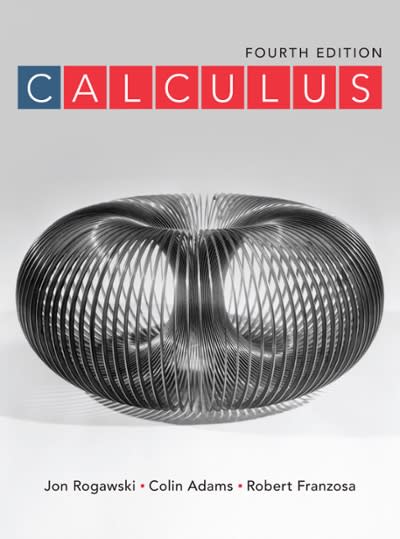Given a finite list of prime numbers (p_{1}, ldots, p_{N}), let (M=) (p_{1} cdot p_{2} cdots p_{N}+1).
Question:
Given a finite list of prime numbers \(p_{1}, \ldots, p_{N}\), let \(M=\) \(p_{1} \cdot p_{2} \cdots p_{N}+1\). Show that \(M\) is not divisible by any of the primes \(p_{1}, \ldots, p_{N}\). Use this and the fact that every number has a prime factorization to prove that there exist infinitely many prime numbers. This argument was advanced by Euclid in The Elements.
Fantastic news! We've Found the answer you've been seeking!
Step by Step Answer:
Related Book For 

Question Posted:





